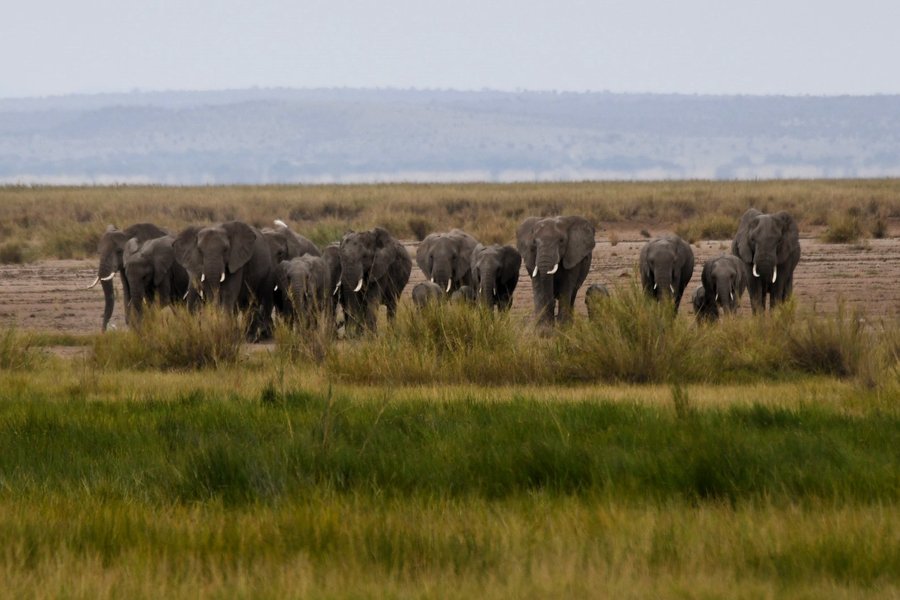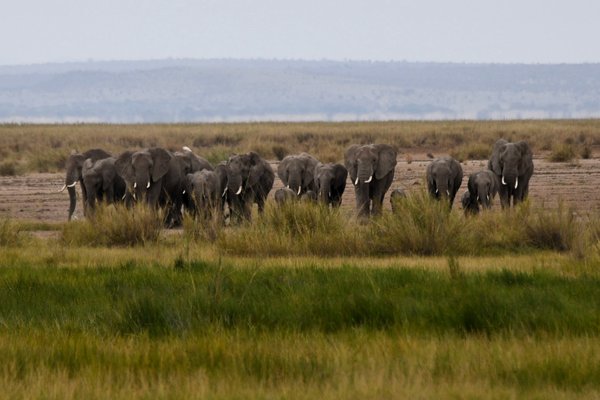Kenya
Amboseli National Park
Amboseli National Park protects a dried-up Pleistocene Lake, with swamps and semiarid vegetation. Recent salinization of the basin area has made it into a habitat for salt-tolerant plants. The park is also known for its large herds of elephants.
Site Info
Official Information
- Full Name
- Amboseli National Park (ID: 6656)
- Country
- Kenya
- Status
-
On tentative list 2023
Site history
History of Amboseli National Park
- 2023: Added to Tentative List
- Added to tentative list
- Type
- Natural
- Criteria
Links
- UNESCO
- whc.unesco.org
All Links
UNESCO.org
- whc.unesco.org — whc.unesco.org
Community Information
- Community Category
- Natural landscape: Rivers, Wetlands and Lakes
Travel Information
Recent Connections
News
No news.
Community Reviews
Show full reviews
Visit June 2025
No reviews yet – surprising for one of Kenya’s most iconic parks.
Amboseli lies right on the border with Tanzania. Declared a national park in 1974, it’s also recognized as a UNESCO Biosphere Reserve. The park is most famous for its large herds of elephants and the spectacular view of Mount Kilimanjaro, Africa’s highest peak. On clear days, the snow-capped summit provides a dramatic backdrop to the open savannah.
Unfortunately, we didn’t get any clear skies during our visit — so the dream of capturing elephants in front of Kilimanjaro will have to wait for another time. But elephants? We saw plenty! Herds of them all day long, in every direction.
Though Amboseli covers just around 392 km², it holds an impressive variety of landscapes — from open grasslands and dusty salt flats to lush swamps, palm groves, and acacia woodlands. The wetlands are fed by underground streams from Kilimanjaro’s melting snow, creating a vibrant oasis even during the dry season. It was indeed wet in places — we had to challenge both our vehicle and ourselves with a few deep water crossings!
The park hosts a rich array of wildlife. In addition to the elephants — some of the most well-studied in Africa — we spotted lions, giraffes, zebras, wildebeests, buffalos, hyenas, warthogs, antelopes, and numerous birds, from large ostriches and cranes to colorful bee-eaters. Cheetas are also common to spot, but we didn't find any on our own.
Our lion encounter was the highlight: it …
Keep reading 0 comments
